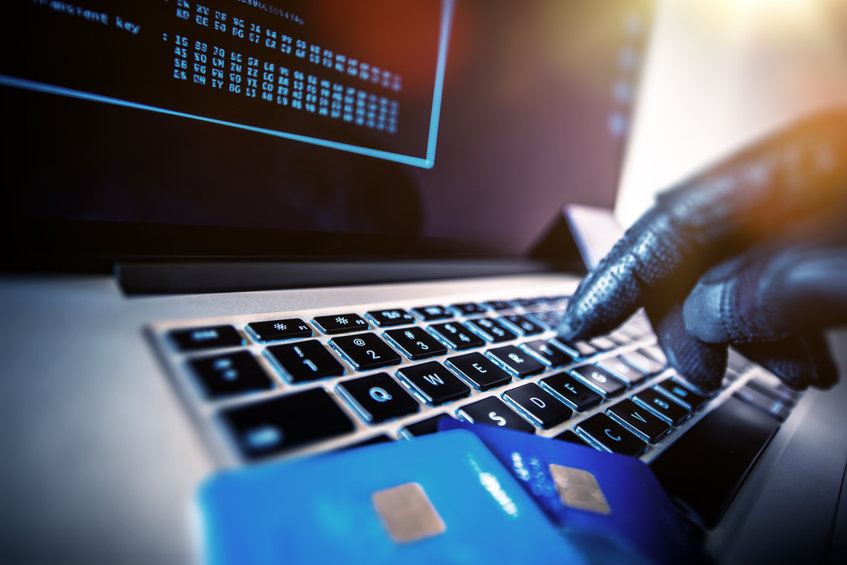Seoul, Korea — As the digital economy has expanded vastly, micropayments are inevitable because they serve small amounts of money for different sorts of transactions for services or goods. But if these micropayments go missing, as is often the case, it gives rise to a host of financial and legal problems. It is an example of how small burns can also stack up to negatively affect your credit scores and result in disconnection. Having problems with unpaid micropayment cashouts . Keep reading to uncover the issue and see how we can fix it. https://www.family-paybank.com/%EC%8B%A0%EC%9A%A9%EC%B9%B4%EB%93%9C-%ED%98%84%EA%B8%88%ED%99%94
The Problem of Unpaid Micropayment Cashouts
- Debt build-up: While a few small micropayments might appear to be insignificant on their own, they can together ultimately lead to sizable debt. It becomes even more worrying when the unpaid figures are not detected for a long time.
- Damaging Credit Score: Unpaid micropayments can harm your credit score. Credit bureaus may report late payments, even ones that were for small amounts of money, and this can ruin your credit rating. Your ability to borrow money or obtain other financial products in the future will be severely impacted.
- Service Disruption: Not paying micropayment charges can interrupt services. If the services are critical, this can be inconvenient when service providers make a decision to suspend or terminate your account before you clear off the debt. Learn more at https://www.family-paybank.com.
The result is that service providers cannot cover their costs and may resort to legal action if micropayments are not settled. That means more legal fees, a higher financial burden on you, and potential harm to your reputation.
Suggested Resolution to Unpaid Micropayment Cashouts
Some of the ways to manage and clear up unpaid micropayment cashing issues are:
- Regularly Check Transactions: Well, one of the initial steps to avoid unpaid microtransactions is checking your transaction history consistently. Avoid unpaid amounts by tracking your digital purchases and ensuring they are paid on time.
- Schedule Payment Reminders: This can help guarantee that you do not miss a single micropayment deadline. A lot of mobile payment platforms and banking apps permit setting reminders for the next due dates, making it more secure than late charges.
- Organize micropayments: Are you thinking of doing a series of minor and small transactions with our company? Bundled Micropayments—a feature where you prepay your calling fees, making it easier to track and make payments on time with all service providers.
- Work Out Settlements With Service Providers: If you have micropayments that have gone unpaid for some time, contact the service providers and work them out. Developers are generally going to cooperate with you in order to address arrears without heading over to the debt collectors. This way, you can actually pay back the debt on affordable monthly loans.
- Check Your Credit Report: Keep an eye on your credit report to ensure no unpaid micropayment charges appear. If you see something is not right and there are any discrepancies or unpaid amounts, reach out.
- Setting up automatic payments: In case you forget to pay your bills or meet the due date in a few cases, do set bill portals on auto-payment. By doing so, the payments get through on schedule, which makes absolutely certain that you do not have to deal with piling up debts.
- Get a Second Opinion: If you have outstanding micropayment debts and are struggling to pay them back, it might be worthwhile speaking with a financial counselor or advisor. They can offer advice about managing your money, dealing with creditors, and working out a plan to pay off what you owe.
Conclusion
Micropayments in compensation within a short period of time, if not withdrawn at a certain point, can turn into an enormous financial issue. Regrettably, micro debt can lead to serious consequences if left unchecked, so the best way to handle this type of debt is to take control by checking your transaction confirmation and then using reminders for when payments are due, as well as consolidating them or negotiating with the service provider issuing the bills.




